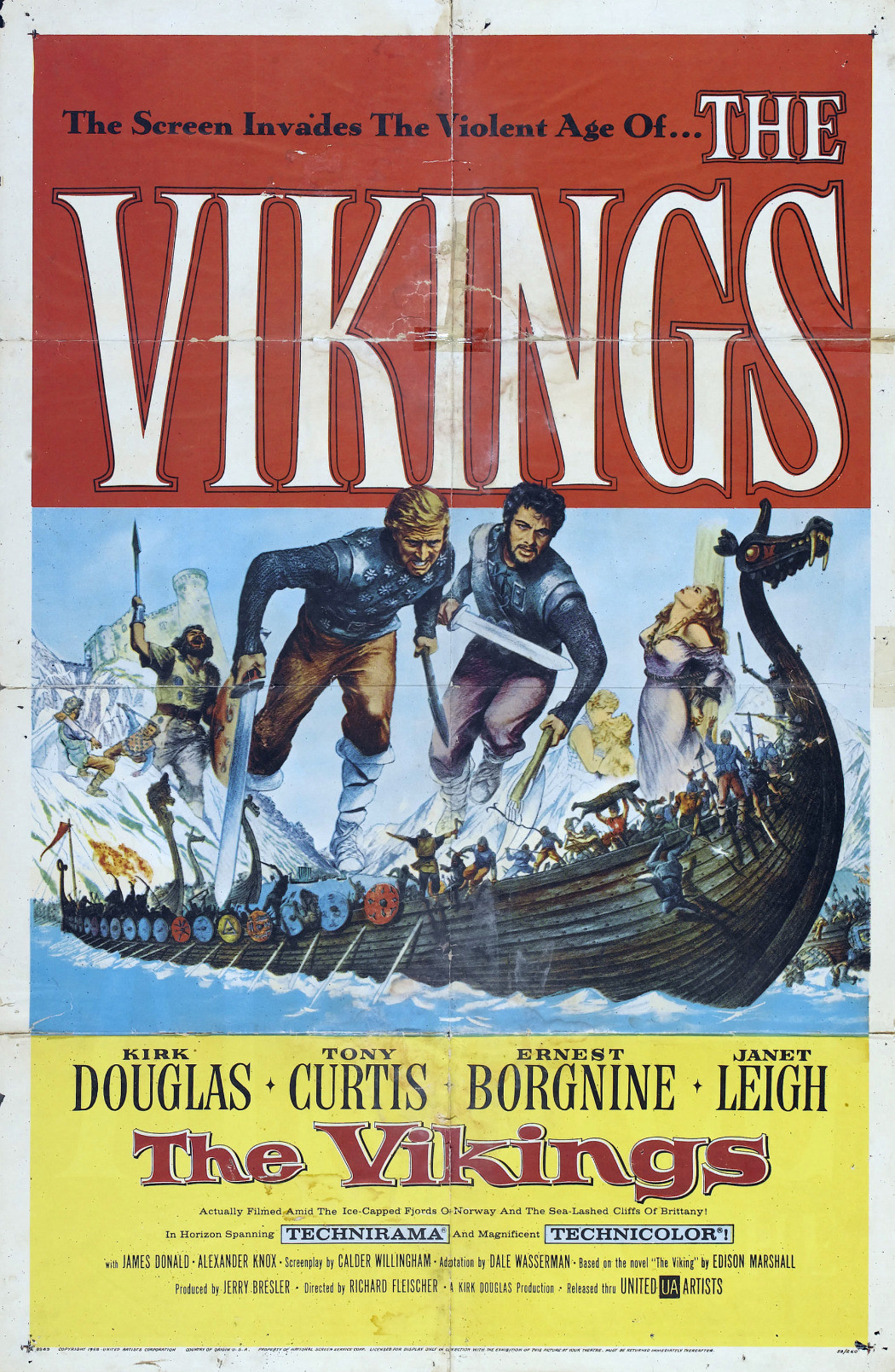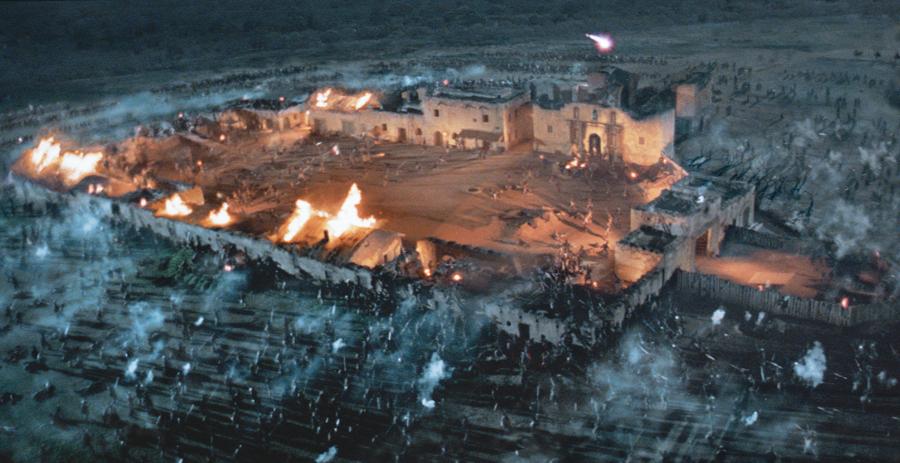I picked up The Aeneid during the break for a couple of reasons. First, I hadn't read it since college, and it's an old favorite, so I was long overdue to revisit it. Second, I'm always interested in new translations of classics, and I had read good things about Ferry's Aeneid. Finally, since last reading it, a lot has changed in my life: I've married and become a father, and, more immediately, my 90-year old grandfather died just before Christmas.
The reason these circumstances sent me to Virgil was because of his poem's depiction of fathers and the authority and responsibility they bear. Rome was a patriarchal society (I use the term descriptively and not, as is now common, as a pejorative) and The Aeneid both dramatizes Roman society's concerns with fatherhood and holds up examples to the reader of what good and bad fatherhood and manly leadership look like. In addition to being a compelling story, it's a guide. And now that I've become a father myself, and have lost one of the most important men in my life, its guidance is more welcome than ever.
Poetry of maturity
CS Lewis, in his examination of epic poetry in A Preface to Paradise Lost, writes that "with Virgil European poetry grows up." To illustrate what he means, he draws a striking contrast between the heroism of Homer's protagonist and that of Virgil's:
I have read that his Aeneas, so guided by dreams and omens, is hardly the shadow of a man beside Homer's Achilles. But a man, an adult, is precisely what he is: Achilles had been little more than a passionate boy. You may, of course, prefer the poetry of spontaneous passion to the poetry of passion at war with vocation, and finally reconciled. Every man to his taste. But we must not blame the second for not being the first.
He goes on to note that through Aeneas, Virgil introduces something new to epic poetry, which is the war between duty and desire and the struggle to master emotion, passion, or mere appetite in the face of what is right to do, the struggle that defines "most human life as it is experienced by any one who has not yet risen to holiness or sunk to animality." The Aeneid is poetry of maturity and responsibility.
Achilles, as Lewis implies, is a creature of appetite: he is defined—and defines the entire course of The Iliad from its first word—by his rage, and has a lust for conquest, military and sexual, and honor that drive him. Even the more cerebral Odysseus (one of my favorite characters in literature) is prone to characteristically juvenile weaknesses: recklessness, carelessness, distrust.
Aeneas, by contrast, is driven onward by prophecies it is his responsibility to fulfill. Like Achilles, his honor is at stake, and like Odysseus, so are the fates of his family and people, but Aeneas, as an example of Roman virtue, approaches threats with deliberation, with deference to custom and the gods, and—always—to his duty as the leader of his people. He cannot merely enjoy authority without reckoning with the responsibilities his position entails.
In a recent episode of John J. Miller's Great Books podcast, Miller talks with Louis Markos of Houston Baptist University about The Aeneid. Markos offers two apparently silly but insightful analogies to illustrate the differences between a few of these heroes.
Aeneas : Achilles :: Beowulf : King Arthur
Or, in a more popular vein:
Aeneas : Odysseus :: Jean-Luc Picard : Captain Kirk
Beowulf and Picard may be less flashy, less sexy than the brash and machismo driven Kirk or the honor-driven cuckold Arthur, but they're also more stable, more obviously concerned with their followers and less like to get them killed in misadventures. Markos points out that Picard seldom leaves the Enterprise in contrast to Kirk, who frequently does, and gets redshirts needlessly killed. By the same token, Beowulf, we are told again and again, cares for and looks after his people well, in contrast to King Arthur, who has to sacrifice himself in a bloody final comeback in order to repair years of damage due to his luxurious inactivity.
Pietas







































